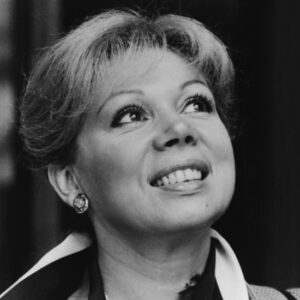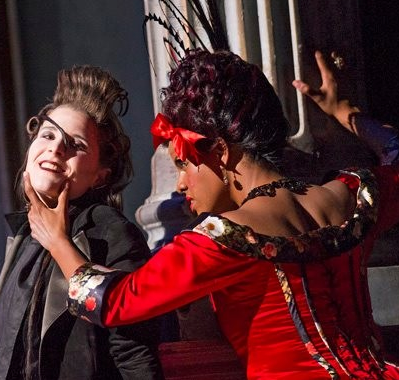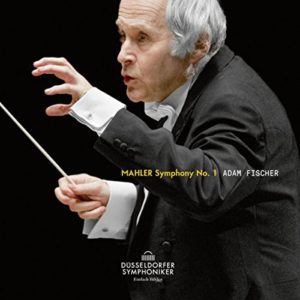GRAMOPHONE: From Where I Sit – May 2020
 Of all the singers I have admired but never met over the years my biggest regret was not having broken bread with Mirella Freni. We lost her in January and the waves of admiration and enthusiasm for her work and career among colleagues and connoisseurs alike was testament to the enduring quality of her art.
Of all the singers I have admired but never met over the years my biggest regret was not having broken bread with Mirella Freni. We lost her in January and the waves of admiration and enthusiasm for her work and career among colleagues and connoisseurs alike was testament to the enduring quality of her art.
The choices she made – both musical and career-wise – were at once an indication of how well she knew her own voice and how determined she was never to ask more of it than the pace of its development demanded. In the beginning there was Mozart, there was Donizetti, there was Nanetta in Verdi’s Falstaff. And the size of houses fell in with those choices: Glyndebourne, for instance, where she gave her Zerlina opposite Sutherland’s Donna Anna and, inevitably, her Susanna.
But from the start it was the language – her native language – that made music as surely as the notes on the page. The urging of the text was everything to her and that elusive connection between sound and phrasing was as instinctive, as elegant and as tasteful as one could wish for – language and line as one.
Puccini’s Mimi became a signature role and I remember falling in love with the intimacy of her portrayal through the EMI Angel recording made in Rome under the baton of the tragically short-lived Thomas Schippers. Nicolai Gedda was her Rudolfo. There was a warm, passionate, homespun quality to that account which presented her Mimi ‘in close-up’, as it were, and took us to the heart of it in ways that the later, predictably grander and lusher, Karajan recording with Pavarotti failed to emulate. Karajan’s was the wide-screen Salzburg Grosses Festspielhaus approach and as such it somehow diminished the fine detailing of Freni’s portrayal.
Freni was wise to resist Karajan’s professional persuasion in matters of casting. He was said to have offered Leonora in Verdi’s Il trovatore and, heaven forbid, Puccini’s Turandot. I know it was only a recording but I still shiver at the aberration of Katia Ricciarelli in the role under Karajan. And one knows (from various sources) of other Karajanisms with regard to operatic casting. Freni always knew better. She had the good sense, for instance, never to sing Tosca on stage. With good reason. We have all swooned to her concert performances of ‘Vissi d’arte’ – priceless – but look where it sits in the opera and look at the histrionics that loom on either side of it.
It’s true that in the final chapter of her life during the 1990s she moved tentatively towards the Italian verismo with Giordano’s Fedora invoking memories of the septuagenarian Magda Olivero’s recording of the role for Decca. I caught her in it at the Royal Opera House – but it was a short role and concessions were made with lower options taken and somewhat diluting the thrills of the final scene. It wasn’t the way I wanted to remember her.
I will continue to return to that Schippers Boheme in years to come and even more especially to that great Abbado/Scala recording of Verdi’s Simon Boccanegra. In that she is a matchless Amelia – another signature role – working hand in glove with a conductor who lovingly and selflessly nursed and indeed basked in her special gifts.
You May Also Like

La finta giardiniera, Glyndebourne Festival Opera
30/06/2014
GRAMOPHONE Review: Mahler Symphony No. 1 – Düsseldorfer Symphoniker / Fischer
24/04/2018

